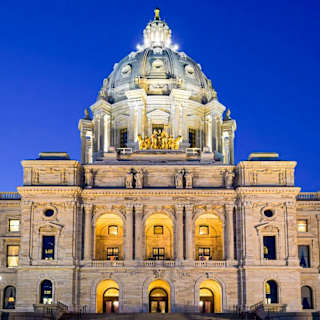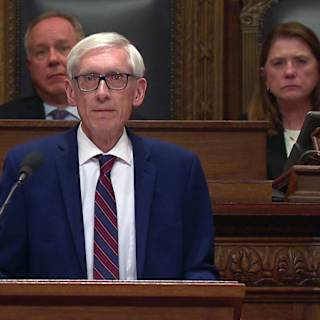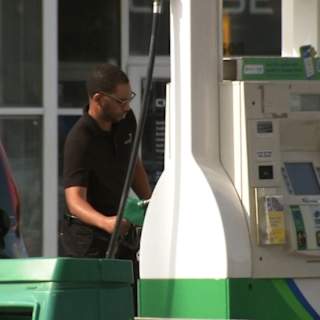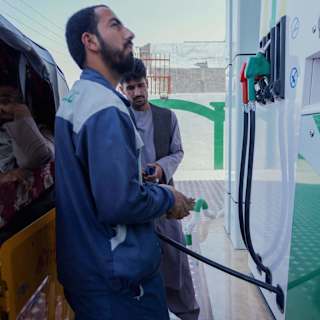- Tax Increases and Cuts Take Effect
- Budget Pressures Drive Changes
- Consumer Impact and Context
Starting Tuesday, drivers in Washington will pay 6 cents more per gallon at the pump while grocery shoppers in Mississippi will see their sales tax drop by 2 percentage points, as both states implement sweeping tax changes aimed at addressing budget pressures and providing consumer relief.
The simultaneous but divergent approaches highlight how states are grappling with infrastructure funding shortfalls and the burden of sales taxes on essential goods as fiscal year 2026 begins.
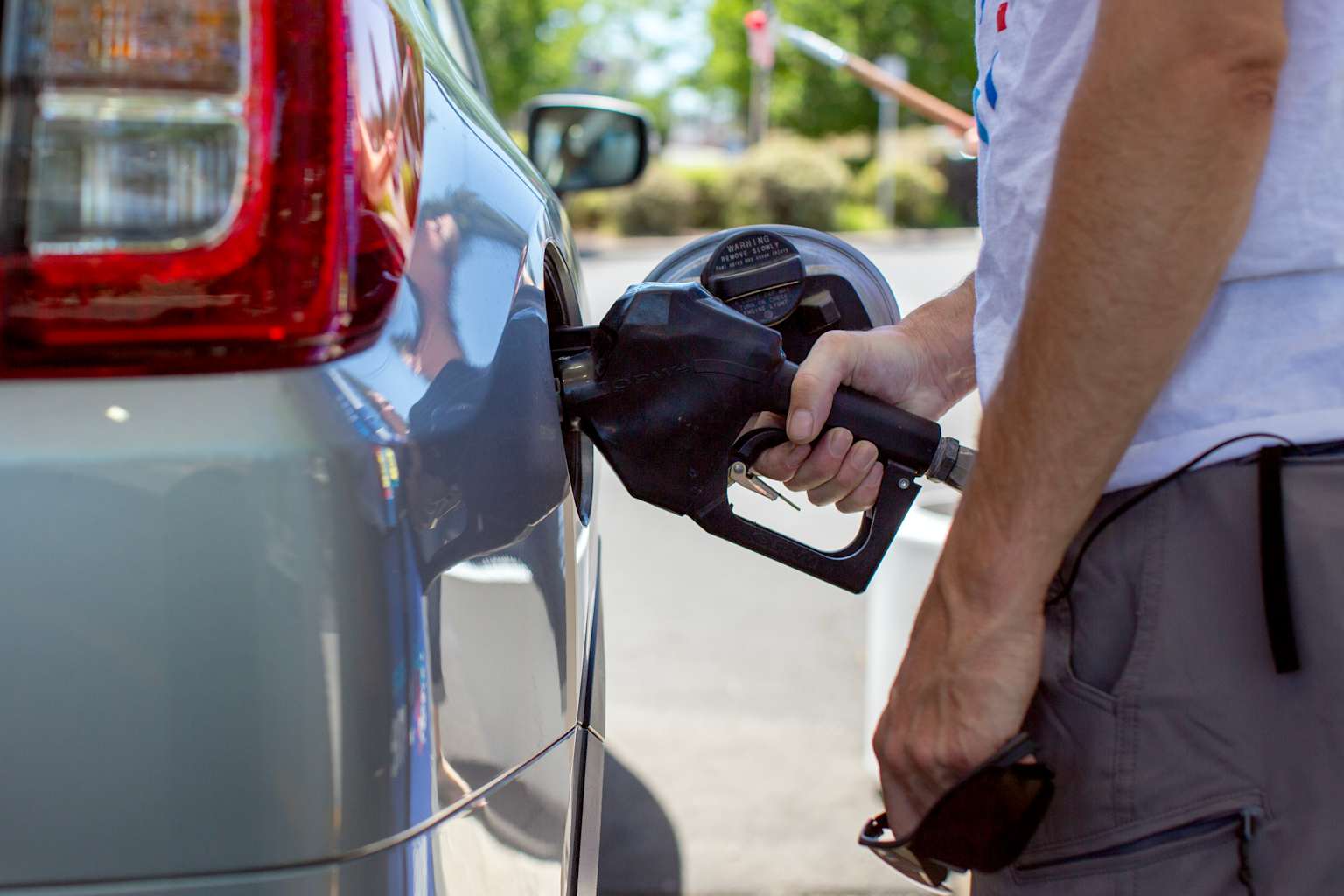
Washington's gas tax will jump from 49.4 cents to 55.4 cents per gallon on July 1, marking the first increase in approximately a decade12. The bipartisan measure, part of a six-year, $3.2 billion transportation package, will give Washington the nation's third-highest state gas tax behind California and Pennsylvania3.
In Mississippi, the grocery sales tax rate drops from 7 percent to 5 percent for food and beverages eligible for purchase with food stamps45. The change, part of House Bill 1 signed by Gov. Tate Reeves, is estimated to save a family of four with a $1,000 monthly grocery bill about $240 annually6.
Mississippi is simultaneously raising its gas tax from 18.4 cents to 21 cents per gallon, with additional 3-cent annual increases planned until the tax reaches 27.4 cents per gallon45.
Washington lawmakers turned to the gas tax to address a projected $1 billion shortfall in the state's transportation budget, caused by inflation-driven construction costs and declining gas tax revenues as more drivers switch to electric vehicles12.
"This will keep projects on track and ensure the promises we've made can be kept," said Sen. Marko Liias, D-Edmonds, chair of the Senate Transportation Committee1.
The money will help fund cost overruns on previously approved megaprojects, several of which have exceeded budgets by hundreds of millions of dollars3.
Mississippi's grocery tax reduction provides relief in a state where such taxes disproportionately affect low-income families. To offset municipal revenue losses, the state increased cities' share of sales tax collections from 18.5 percent to 25.9 percent12.
Washington's increase comes as the state already has some of the nation's highest gas prices, averaging $4.45 per gallon compared to the national average of $3.213. Starting July 2026, the tax will automatically increase by 2 percent annually to account for inflation45.
"We're getting killed by inflation," said state Rep. Jake Fey, D-Tacoma, chair of the House Transportation Committee3.
